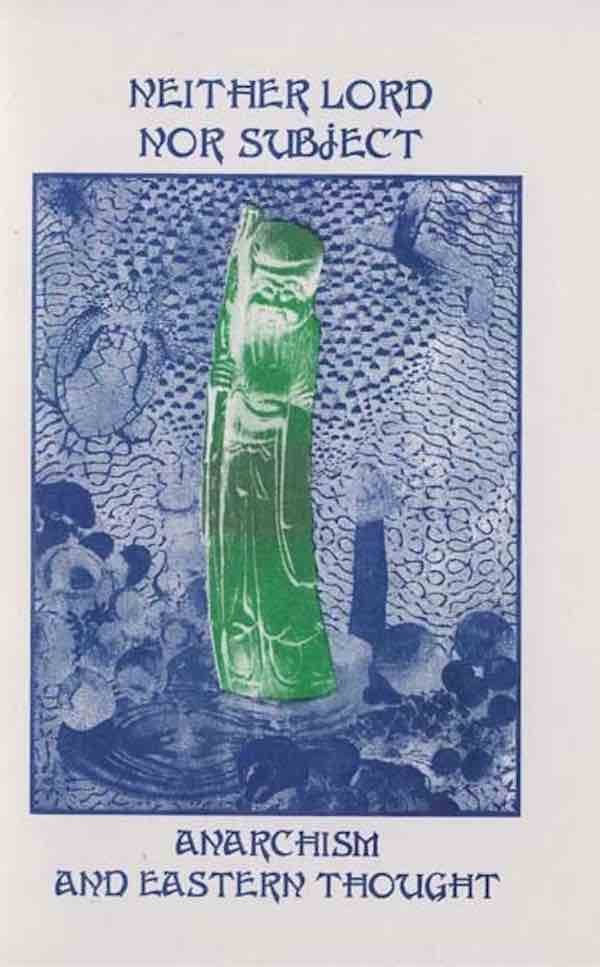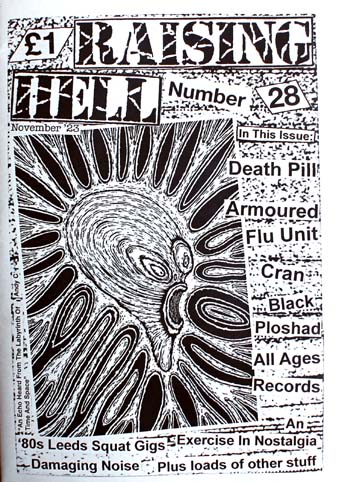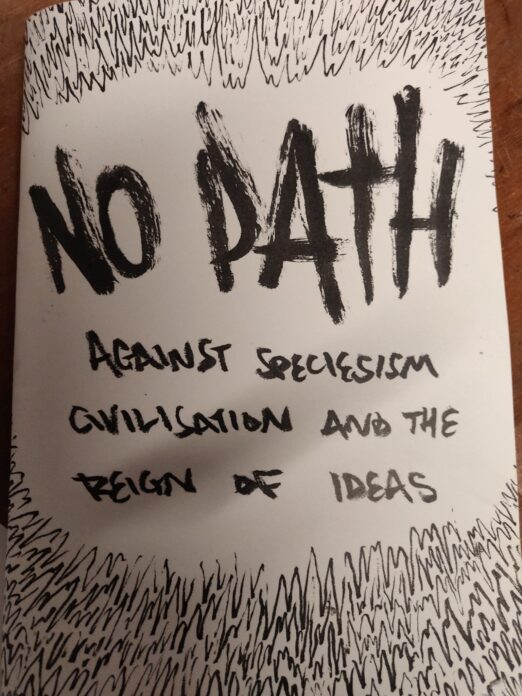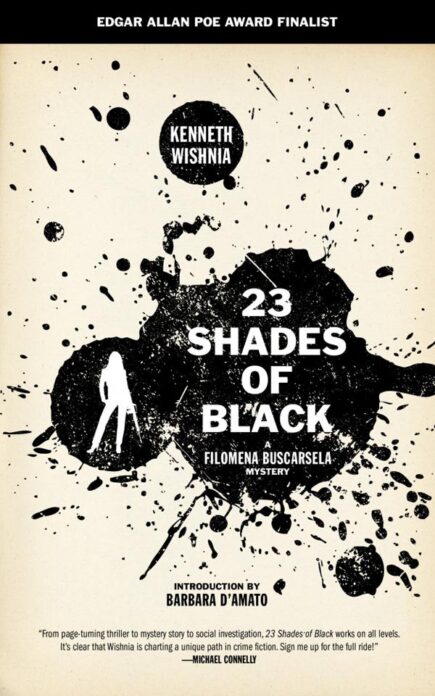Neither Lord nor Subject
£2.60
Anarchism and Eastern Thought
In stock
Description
When the world was in its original undifferentiated state, the Nameless (wu-ming, that is, the Tao) was what was valued, and all creatures found happiness in self-fulfillment.
-Bao Jingyan
The title of this pamphlet takes its name from the first piece, by Daoist thinker Bao Jingyan. Written around 300 CE during the Wei-Jin period, the “Period of Disunity, a time when China was divided into several warring states, it is one of the earliest fully-fleshed-out arguments regarding Anarchism. Next is an excellent piece by Alexandra David-Nèel that dispels the Western world’s idea that Confucius was the only philosophical influence in China. Our lives are short and according to Yang-Chou, should be lived completely “as our hearts guide us.” Living around the fifth century BC, not much is known about him, and no fragments of his work survive that can be directly attributed to him or any of his disciples. Lastly, Oscar Wilde discusses the influential philosopher Chuang Tzu. An influential philosopher during the “Warring States” period, Tzu was against society in its entirety, being critical of education, currency, and any method of government. Wilde explores Chuang Tzu’s ideal man who believed in the doctrine of the “uselessness of all useful things,” and asks what he would have to say to us today.
These three short pieces that make up Neither Lord Nor Subject: Anarchism and Eastern Thought, are a great introduction to a rich, but often hidden and overlooked history.
Neither Lord Nor Subject: Bao Jingyan
The Theory Of The Individual In Chinese Philosophy: Yang-Chou Alexandra David-Nèel
The Chinese Sage: Oscar Wilde
15 pgs.




